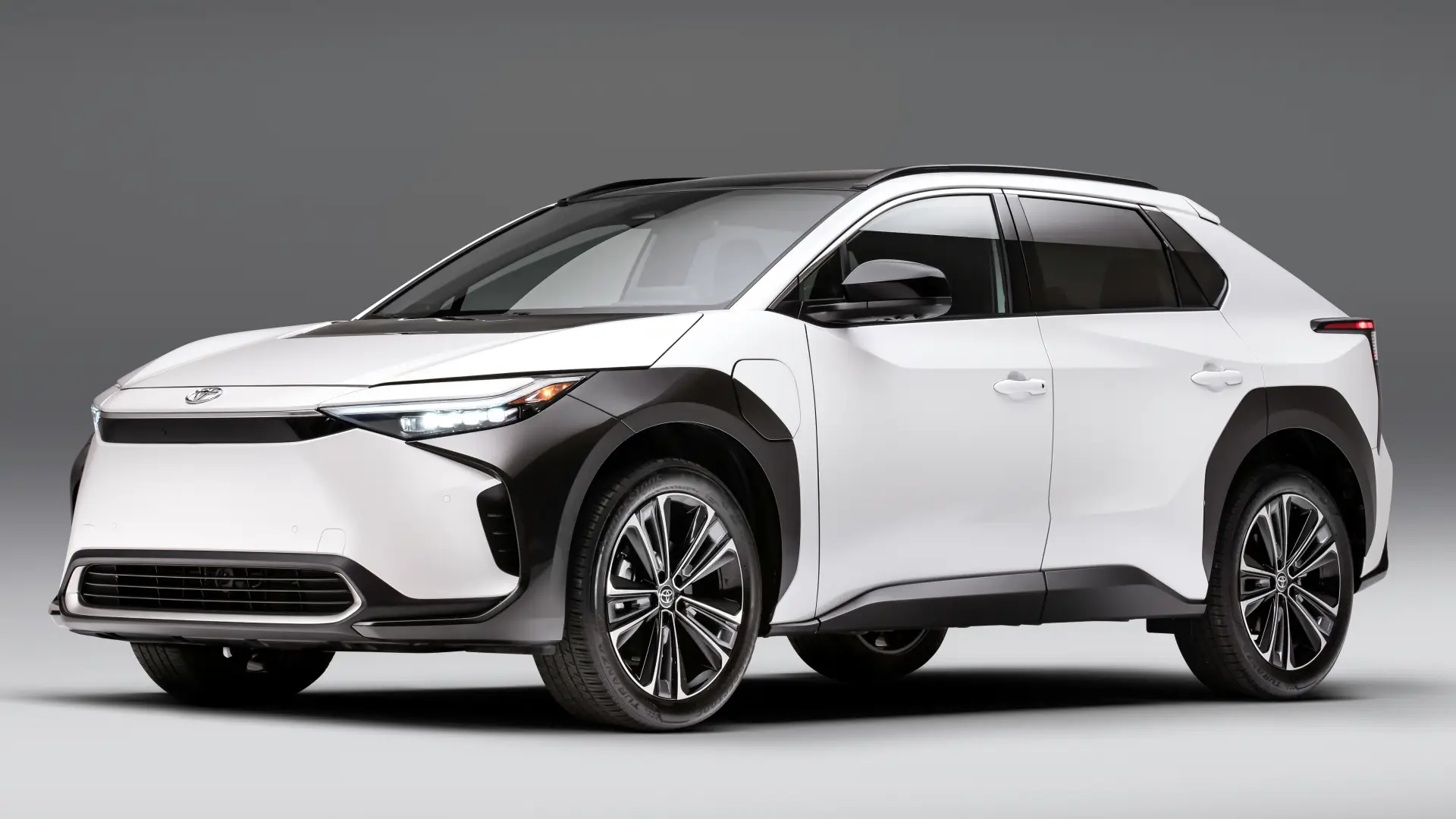Toyota unveils gigacasting prototype that will cut production times in half
In the coming years, Toyota will implement new production methods to streamline the development and production of its new models, as well as reduce costs. One of the solutions that the Asian giant will bet on will be gigacasting, which debuted a few years ago with the Tesla Model Y.
The American SUV was the first car in the industry to use large cast parts in its frame, pointing the way to other brands such as Volkswagen or Volvo, which have also confirmed its use in their future models, as it greatly simplifies the entire manufacturing process.
Toyota has just presented a prototype of its new gig casting system for the Myochi plant, which allows one-third of the body to be manufactured in just a few minutes. The Japanese firm relies on this advance to be able to scale the production of its electric cars quickly and profitably.
Thus, it will use this method to manufacture the front and rear sections of a new electric model that will be released in 2026. Normally, the rear third of an equivalent car from the company is made up of 86 parts and its construction involves a total of 33 steps which take several hours to complete.
Toyota wants to close the gap with Tesla and BYD, current leaders in the sector
The company wants to reduce its production processes by half, as well as adjust investments in its factories and make better use of the space available in them. Toyota aspires to achieve productivity 20% higher than the competition through its software that will analyze the optimal molding conditions.
The conglomerate estimates that it will sell approximately 1.5 million battery-powered electric cars worldwide by 2026, exceeding 3.5 million in 2030. For this reason, it is currently working on a new electric platform developed from scratch as such that it will replace the current e-TNGA, which debuted in 2022 with the bZ4X.

Last year, Toyota delivered just 24,000 electric cars worldwide. To close the gap with the current leaders in the sector (Tesla, BYD, and Volkswagen, in that order), a specific team specialized in this type of vehicle has been created; In addition, the Japanese firm is also allocating a huge amount of resources to the development of its solid electrolyte batteries, which according to the latest forecasts should reach the market in 2027-2028.
The post Toyota unveils gigacasting prototype that will cut production times in half appeared first on Latest Car News.
Latest Car News
Comments
Post a Comment